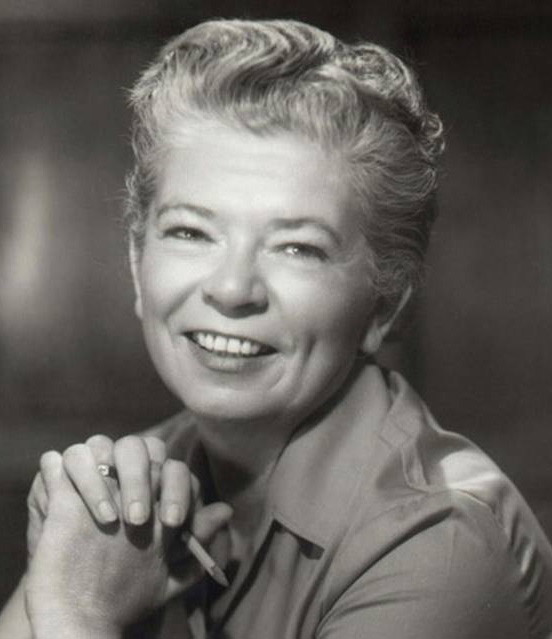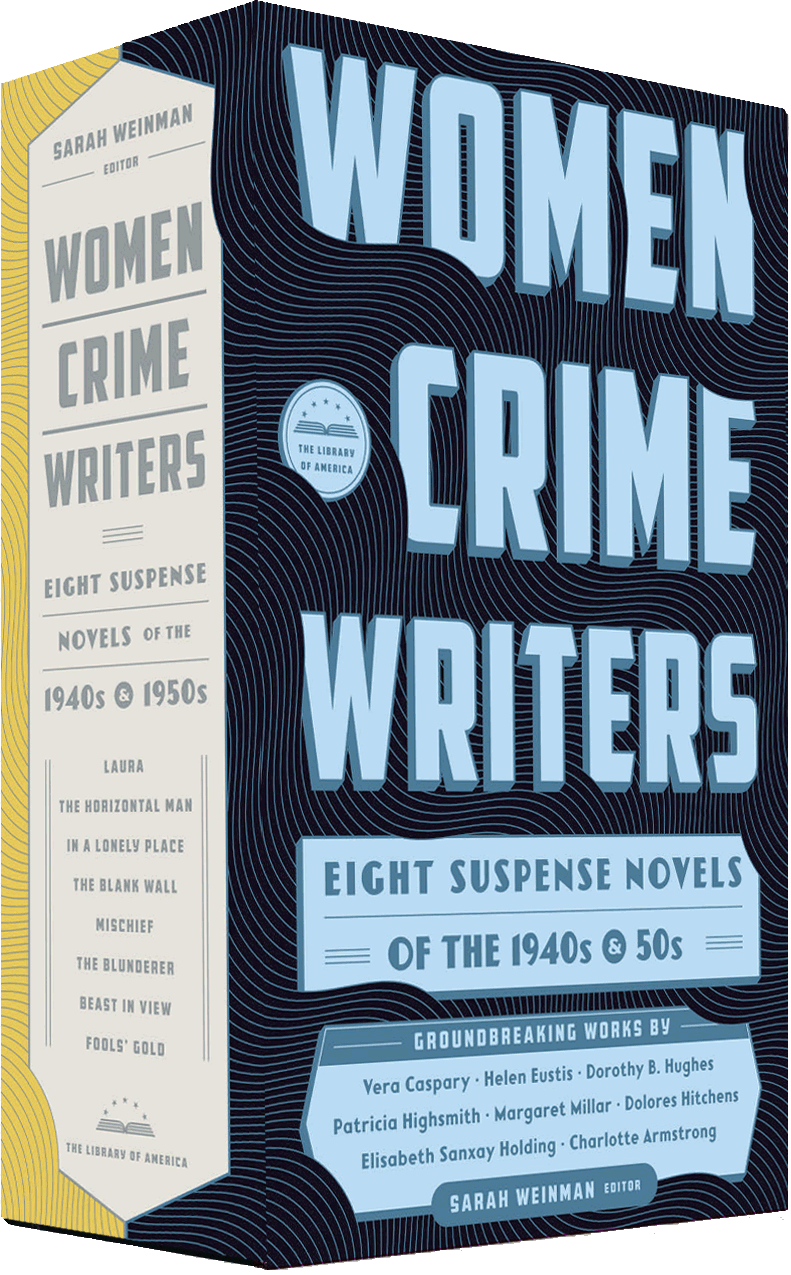Born Charlotte Armstrong on May 2, 1905, in Vulcan, Michigan, to Frank Armstrong, a mining engineer and inventor, and Clara Pascoe Armstrong. Graduated from Vulcan High School in 1921. Attended Ferry Hall junior college in Lake Forrest, Illinois, for one year, serving as editor-in-chief of student publication Ferry Tales. Attended University of Wisconsin–Madison for two years before transferring to Barnard College, where she received a bachelor’s degree.
Took a job writing classified advertisements for The New York Times; later worked as a fashion reporter for the buyer’s guide Breath of the Avenue and as a clerk in a certified public accountant’s office. Published three poems in The New Yorker, 1928–29. Married Jack Lewi, an advertising executive, in 1928, and had a daughter and two sons.
Wrote the plays The Happiest Days (1939) and Ring Around Elizabeth (1941), both produced on Broadway. Published mystery novels Lay On, Mac Duff! (1942), The Case of the Weird Sisters (1943), and The Innocent Flower (1945). Turned to suspense with The Unsuspected (1945), whose sale to Hollywood enabled Armstrong and her family to move to California; the film version, directed by Michael Curtiz, came out in 1947. Published novels The Chocolate Cobweb (1948), Mischief (1951, filmed as Don’t Bother to Knock with Marilyn Monroe), The Black-Eyed Stranger (1952), Catch-as-Catch Can (1953), The Trouble in Thor (1953, as Jo Valentine), The Better to Eat You (1954), The Dream Walker (1955), and A Dram of Poison (1956), which won the Edgar Award for Best Novel. Published short story collection The Albatross (1957) and novels Incident at a Corner (1957), The Seventeen Widows of Sans Souci (1959), The Girl With A Secret (1959), and Something Blue (1959).
Wrote three teleplays for Alfred Hitchcock Presents (“Sybilla,” directed by Ida Lupino; “The Five Forty-Eight,” adapted from a John Cheever short story; and “Across the Threshold”) and an adaptation of Incident at a Corner for the television series Startime in 1959, with Hitchcock directing. Later novels were Then Came Two Women (1962), The One-Faced Girl (1963), The Mark of the Hand (1963), Who’s Been Sitting in My Chair? (1963), A Little Less Than Kind (1964), The Witch’s House (1964), The Turret Room (1965), Dream of Fair Woman (1966), Gift Shop (1967), The Balloon Man (1968), Lemon in the Basket (1968), Seven Seats to the Moon (1969), as well as the short story collection I See You (1966).
Died July 7, 1969, of cancer in Glendale, California. Her final novel The Protege (1970) was published posthumously by Coward-McCann, publisher for all of her novels.
Books by Charlotte Armstrong
Lay On, Mac Duff! (1942)
The Case of the Weird Sisters (1943)
The Innocent Flower (1945)
The Unsuspected (1945)
The Chocolate Cobweb (1948)
Mischief (1951)
The Black-Eyed Stranger (1952)
Catch-as-Catch Can (1953)
The Trouble in Thor (1953)
The Better to Eat You (1954)
The Dream Walker (1955)
A Dram of Poison (1956) (Edgar Award)
The Albatross (1957)
Incident at a Corner (1957)
The Seventeen Widows of Sans Souci (1959)
The Girl With A Secret (1959)
Something Blue (1959)
Then Came Two Women (1962)
The One-Faced Girl (1963)
The Mark of the Hand (1963)
Who’s Been Sitting in My Chair? (1963)
A Little Less Than Kind (1964)
The Witch’s House (1964)
The Turret Room (1965)
Dream of Fair Woman (1966)
I See You (1966)
Gift Shop (1967)
The Balloon Man (1968)
Lemon in the Basket (1968)
Seven Seats to the Moon (1969)
The Protege (1970)



 Sarah Weinman is widely recognized as a leading authority on crime fiction. She is the editor of Troubled Daughters, Twisted Wives: Stories from the Trailblazers of Domestic Suspense, which the Los Angeles Review of Books called “simply one of the most significant anthologies of crime fiction, ever.” She is the news editor for Publishers Marketplace, and her work has appeared in The New York Times, The Wall Street Journal, the National Post, and The Washington Post, among other publications.
Sarah Weinman is widely recognized as a leading authority on crime fiction. She is the editor of Troubled Daughters, Twisted Wives: Stories from the Trailblazers of Domestic Suspense, which the Los Angeles Review of Books called “simply one of the most significant anthologies of crime fiction, ever.” She is the news editor for Publishers Marketplace, and her work has appeared in The New York Times, The Wall Street Journal, the National Post, and The Washington Post, among other publications.